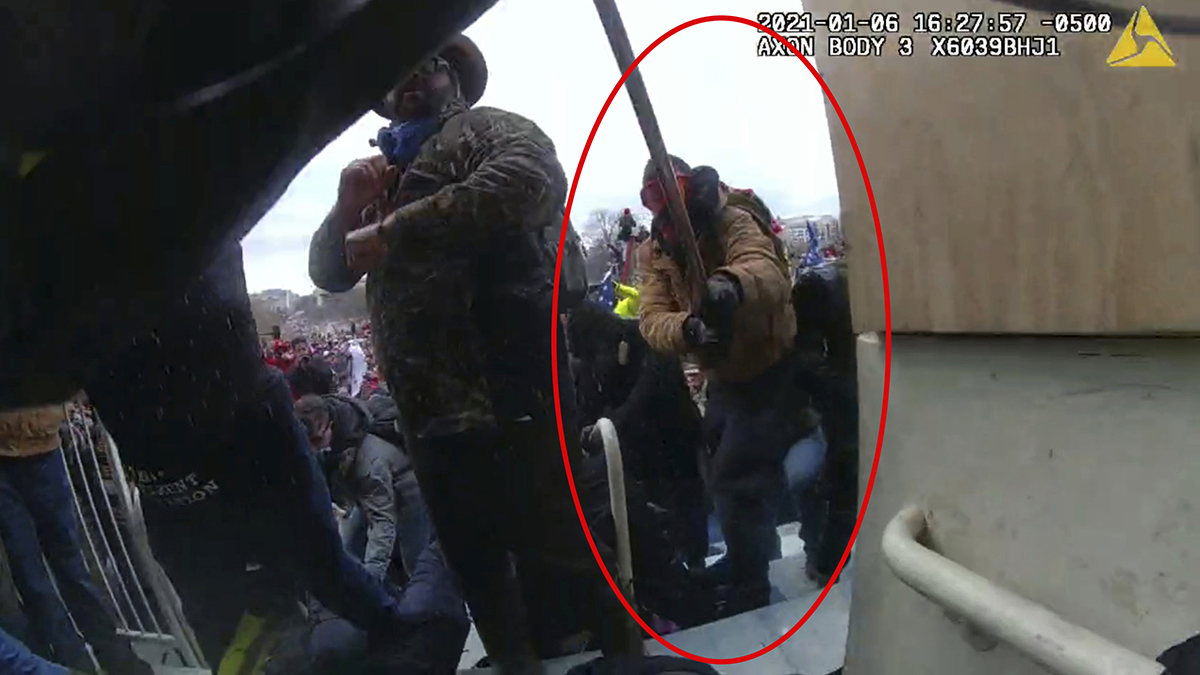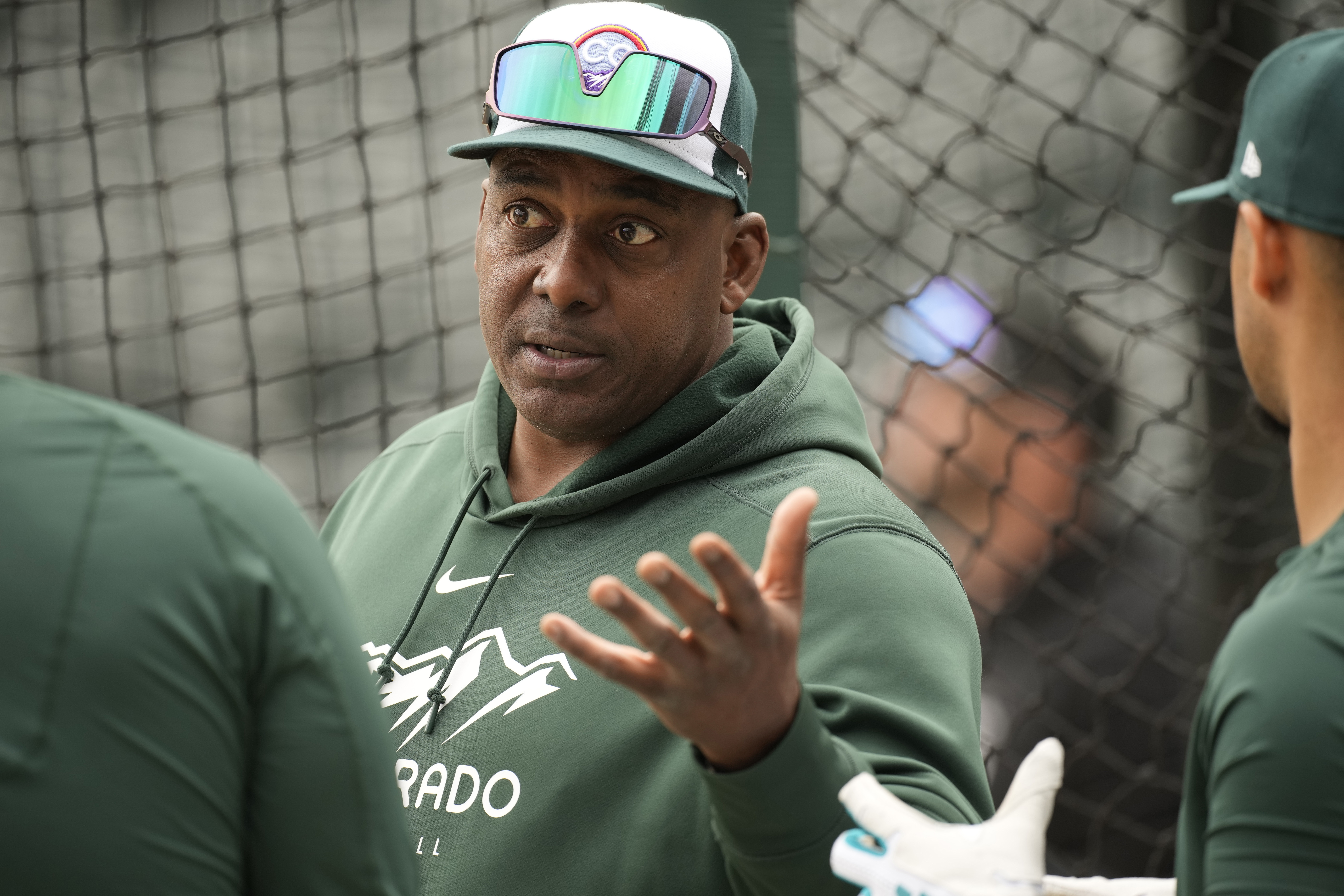While it wasn't a classic, Super Bowl XLV still provided NFL fans a chance to see two storied franchises, a few breakout performances and a dramatic ending. They'd better savor it because with a potential work stoppage looming, it may be a long time before America gets its football again.
On March 3, the league's collective bargaining agreement expires, leaving the owners and the player's association to hammer out a new deal that governs the way the NFL pays it players and splits it profits, among other things. If the two sides can't come to an agreement by that date, there is a very real possibility that there may be no 2011-2012 season, reports Bloomberg Businessweek.
At the heart of the matter is the 2006 extension of the league's original 1993 labor agreement. Under the 2006 deal, the owners agreed to allocate 60 percent of the NFL's total revenues to player salaries while also creating a revenue-sharing plan under which the 15 most profitable teams subsidize the 17 less profitable franchises.
That deal put the owners at a disadvantage and they unanimously pulled out of the agreement in 2008, which set the conditions for the possible forthcoming lockout. Owners are asking the players union to give back some salary and to cut the pre-season from four to two games in an effort to extend the regular season from 16 to 18 games, terms that seem onerous to the players. If the players refuse to budge, the owners will most likely lock them out, denying the athletes pay and/or benefits. In response, the player's union would probably decertify, which would allow for antitrust lawsuits to be carried out against the league and the players would go on strike.
"We give back $1 billion and increase our risk of injury by playing two additional games," said Kevin Mawae, the president of the National Football League Players Association (NFLPA) and a former standout offensive lineman for Seattle, the New York Jets and Tennessee Titans, in an interview with Bloomberg.
Though most fans generally think of the high-profile paydays of stars like Peyton Manning, the average player salary is $1.9 million and the median is $770,000. A lot of money, to be sure, but not astronomical sums when compared to say Tom Brady's $18 million annual salary. That reality, along with the fact that the average NFL career lasts only three and a half years - makes getting a deal done soon a big priority for the majority of the league's players.
What's at stake is the reputation of the most successful professional sports league in the country. According to Bloomberg, if the league were to miss just the pre-season games because of a lockout, it could lose up to $1 billion, including up to $100 million per weekend in ticket sales. The 1,900 NFL players would be facing $4.5 billion in lost salary and bonuses and sports bars around the county would find it hard to stay afloat without the steady revenue stream the games provide their businesses.
U.S. & World
Players can not sign new deals until a contract is agreed upon, leaving most - including any potential college players who have declared their intention to enter the NFL Draft - not knowing when they'll collect their next paycheck.
The NFL would be wise to look at the other major U.S. sports for lessons. The 1994-1995 Major League Baseball strike wiped out the postseason, including the World Series, and America's pastime has never fully recovered. The National Hockey League lost the entire 2004-2005 season to a lockout, devastating the sport's popularity. The NBA is also facing a potential lockout that could erase its 2011-2012 season but its finances are not nearly as stable as those of the NFL.
It seems far fetched at this point to think that NFL Commissioner Roger Goodell and NFLPA Executive Director DeMaurice Smith would let the league implode at the height of its popularity, but the clock is ticking and February is, of course, the shortest month of all.
Selected Reading: Bloomberg Businessweek, San Francisco Chronicle, ESPN



